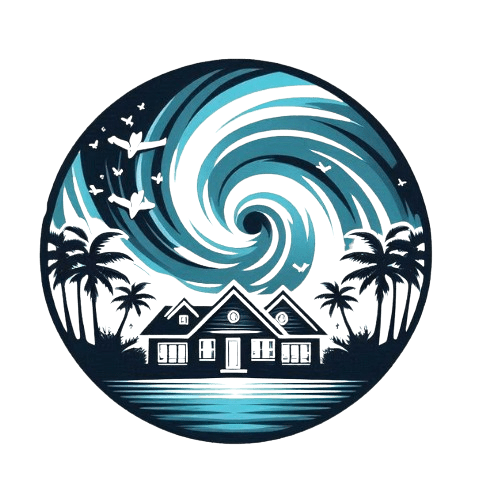Seek Mental Health Help
Family Safety Plan
Include a plan for you and your family just in case of emergency.
Personal
Making sure that you’re safe during a storm is the main priority when getting prepared. more
Family
The safety of you and your family is just as important especially if you have children or elderly relatives. more
Pets
If your family includes pets and you are asked to evacuate to a shelter be sure that the shelter takes pets. more
After experiencing the trauma and upheaval of a hurricane, it is important to prioritize your mental health and seek professional help if needed. Here are some steps to consider:
a. Recognize the Signs: Be aware of common signs of emotional distress, such as persistent feelings of sadness or anxiety, trouble sleeping, changes in appetite, difficulty concentrating, or withdrawing from activities and relationships.
b. Reach Out to Mental Health Professionals: Contact mental health professionals, such as psychologists, therapists, or counselors, who specialize in trauma and disaster recovery. They can provide support, guidance, and coping strategies to help you navigate the emotional challenges after the storm.
c. Utilize Community Resources: Many communities offer free or low-cost mental health services following a natural disaster. Seek out local organizations, support groups, or counseling centers that provide resources specifically for hurricane survivors.
d. Take Advantage of Teletherapy: If access to in-person mental health services is limited or challenging, consider teletherapy options. Teletherapy allows you to connect with mental health professionals remotely, through video or phone sessions, providing flexibility and accessibility.
Seek Assistance Finding a New Home If Needed
In some cases, a hurricane may cause severe damage to your home, making it necessary to seek assistance in finding a new place to live. Consider the following steps:
a. Contact Local Housing Authorities: Reach out to local housing authorities, disaster response organizations, or government agencies that provide assistance to displaced individuals. They can help connect you with resources for temporary housing, rental assistance, or transitional housing programs.
b. Seek Support from Community Organizations: Non-profit organizations, religious groups, and community-based initiatives often step in to support hurricane survivors in finding temporary or long-term housing solutions. They may offer guidance, financial assistance, or connections to available housing resources.
c. Explore Rental Options: Research available rental properties in your area or surrounding regions. Reach out to landlords or property management companies to inquire about vacancies or short-term rentals. Online platforms and local real estate agents can be valuable resources for finding suitable housing options.
d. Lean on Support Networks: Reach out to friends, family, and community members for support and assistance in finding temporary accommodations or sharing resources. They may be able to offer spare rooms, guesthouses, or connections to available housing options.
Find Mental and Emotional Help for Yourself and Family Members
The aftermath of a hurricane can have a significant impact on the mental and emotional well-being of both adults and children. Consider the following steps to find help:
a. Connect with Supportive Friends and Family: Reach out to trusted friends or family members who can provide emotional support and a listening ear during this challenging time. Share your experiences, feelings, and concerns with them.
b. Engage in Group Support: Seek out support groups or group therapy sessions specifically designed for hurricane survivors. These groups provide a safe space to share experiences, connect with others who have gone through similar situations, and gain valuable insights and coping strategies.
c. Consider School and Childcare Resources: If you have children, connect with their school or childcare center to inquire about available resources for addressing children’s emotional needs. Many educational institutions provide counseling services or referrals to therapists who specialize in working with children affected by disasters.
d. Foster Open Communication: Create an environment where family members can openly express their emotions and concerns. Encourage age-appropriate discussions about the hurricane and its impact, providing reassurance and comfort while addressing any questions or fears they may have.
Learn Healthy Coping Skills for Emotional Healing
Developing healthy coping skills can greatly contribute to emotional healing and resilience after a hurricane. Consider the following strategies:
a. Practice Self-Care: Engage in activities that promote self-care and relaxation, such as
